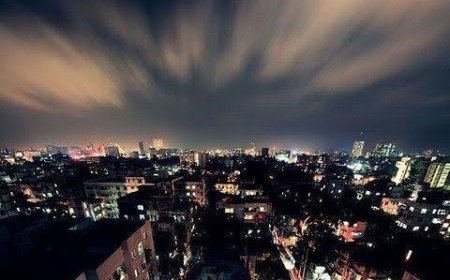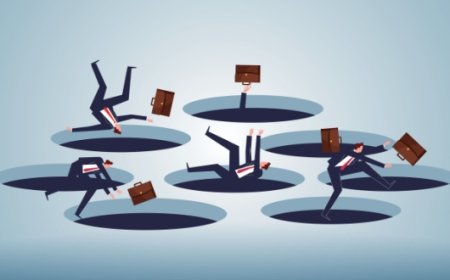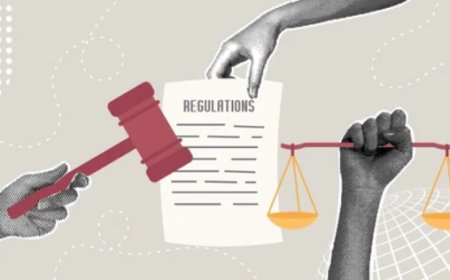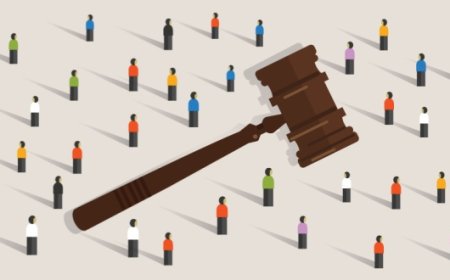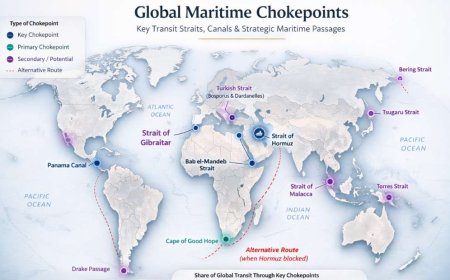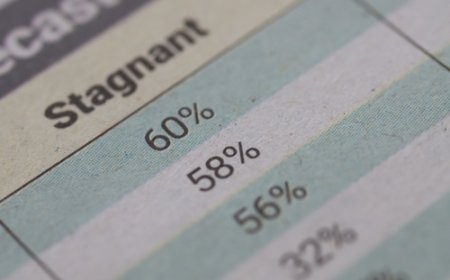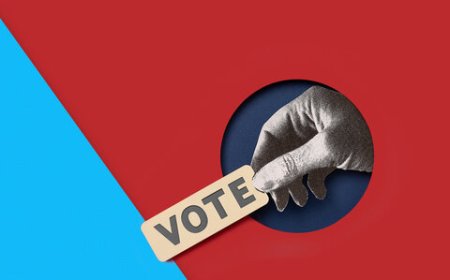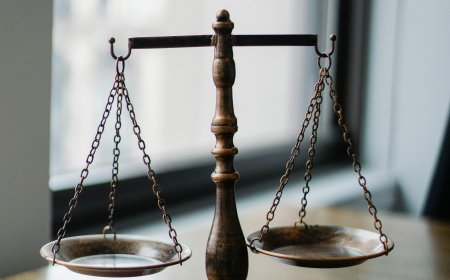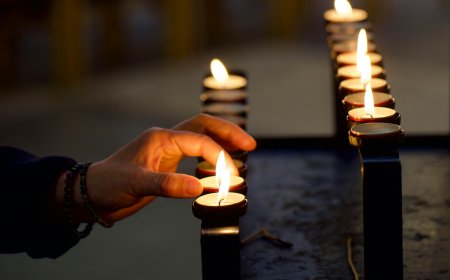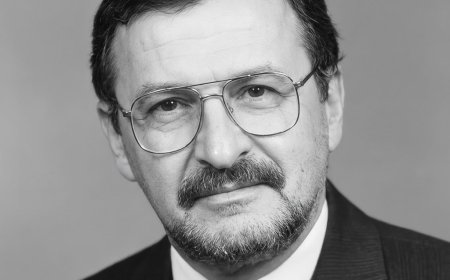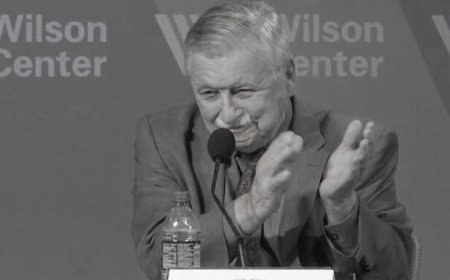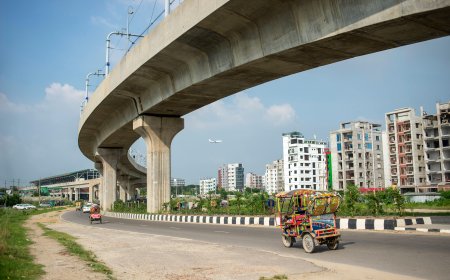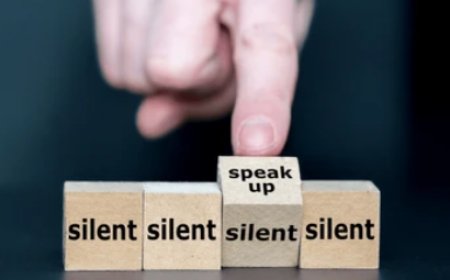The Collapse of Authority in an Age of Broken Trust
The greatest danger of our age is not simply that authority will be rejected, but that authority itself will lose all legitimacy, leaving nothing in its place but the law of the jungle
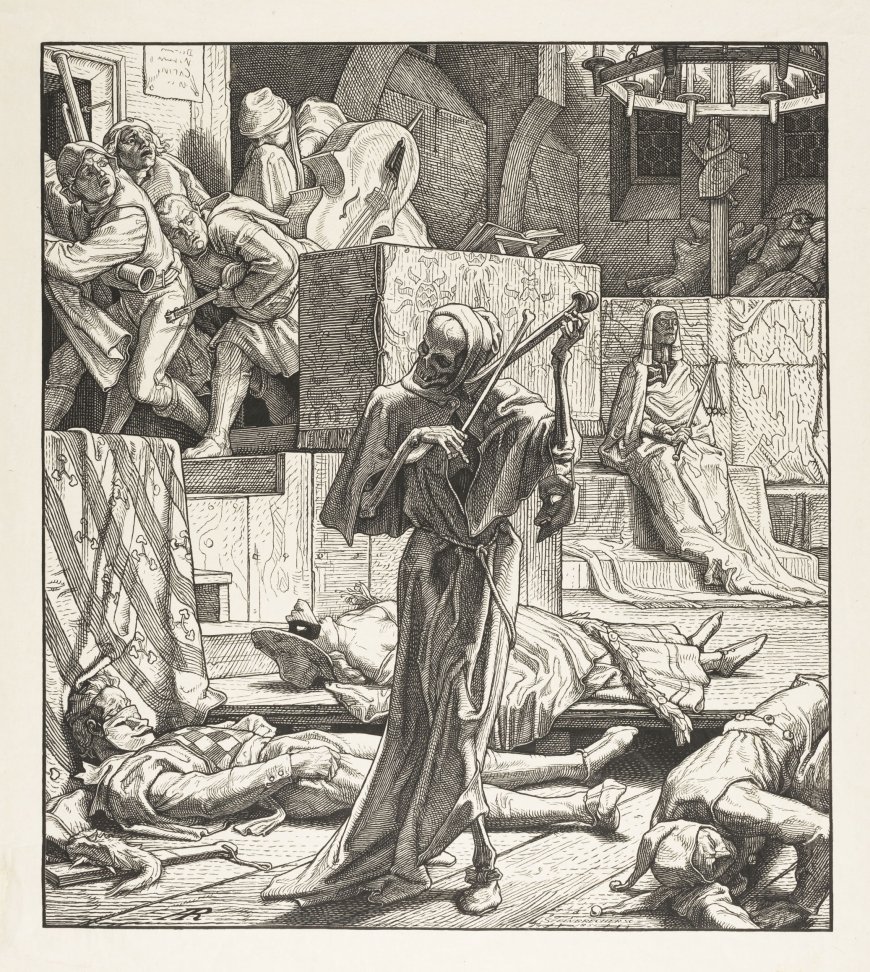
The story of human civilization has always been a story of power -- its consolidation, its arrogance, its downfall, and its rebirth. For thousands of years, from the early city-states of Mesopotamia to the sprawling nation-states of today, human beings have lived under the shadow of authority.
At its best, authority has offered order, protection, and justice; at its worst, it has suffocated freedom, bred corruption, and provoked rebellion. Yet, what remains constant is the cycle: rulers forget their limits, the people lose patience, and rebellion breaks through like a flood.
The disturbing question for our time is whether this cycle is now accelerating toward a more dangerous end -- toward a world where the very idea of authority collapses.
It is tempting to think that such a fear is exaggerated. After all, the modern world is marked by states with massive bureaucracies, international institutions, and systems of governance more complex than anything imagined in the past. But when one looks closer, cracks in the foundation are impossible to ignore.
In one corner of the world, rulers cling to power with a breathtaking arrogance, convinced that accountability is an illusion. In another, people rise with uncontrolled fury, declaring that enough is enough, and that no face of authority should be tolerated any longer.
In this confrontation between arrogance and anger, there emerges not progress, but paralysis; not liberty, but lawlessness.
The French philosopher Montesquieu once observed: “There is no greater tyranny than that which is perpetrated under the shield of law and in the name of justice.”
What he warned about centuries ago is painfully relevant today. When power ceases to recognize its own boundaries, when those who rule believe that accountability is a word belonging only to textbooks and not to their own conduct, they not only insult the dignity of citizens but also invite their rage.
History shows us that such arrogance never ends well for rulers, but it also rarely ends well for the ruled. The destruction of authority is often followed by the destruction of order itself.
Recent events across South Asia give us reminders close to home.
In Sri Lanka, when years of economic mismanagement and corruption pushed the country into bankruptcy, ordinary citizens stormed the presidential palace, forcing their long-time ruler to flee.
In Bangladesh, people’s frustrations over governance, corruption, and democratic deficits have repeatedly spilled into the streets, shaking the foundations of authority.
Indonesia has also witnessed its share of violent outbursts -- from the fall of Suharto in 1998 to the more recent mass demonstrations against proposed laws seen as curbing civil liberties.
Nepal, too, has oscillated between monarchy, civil war, and fragile republicanism, with citizens taking to the streets time and again to assert their rejection of rulers who forget their duties.
These outbursts were born of justified anger. But they also reveal a common danger: when authority collapses without a moral vision to guide the future, the vacuum is filled not by freedom, but by chaos. The German philosopher Friedrich Nietzsche’s famous warning echoes here: “When you gaze long into an abyss, the abyss also gazes into you.” Citizens may succeed in tearing down the arrogant, but if they do not carry within them the dream of a just and sustainable order, what replaces authority is often instability, uncertainty, and violence.
Our contemporary world offers its own disquieting parallels. Trust -- the invisible currency that sustains society -- is evaporating. Citizens no longer trust rulers, rulers no longer care to be trusted, and between the two, the fragile bridge of social contract collapses. In some countries, rulers act as if their power is eternal, their will unchallengeable. They forget that authority, in essence, is not power but legitimacy. In others, citizens no longer recognize any legitimacy in authority at all. Their cry is not merely for reform but for eradication. “We will not see your face again,” becomes their rallying cry.
This is the most dangerous stage in any political evolution: the point at which despair has hardened into the conviction that nothing could possibly be worse than the present. When people believe that the abyss is preferable to the status quo, they will leap into it. And the abyss has never been kind. Looting, lawlessness, and violence often follow the collapse of authority. The rule of law does not survive by itself -- it must be nurtured and respected by both rulers and citizens. Once destroyed, rebuilding it is a generational task.
The world, as Hobbes once described in his Leviathan, risks returning to a “state of nature” where life is “solitary, poor, nasty, brutish, and short.”
And yet, it would be simplistic to think the answer is simply to preserve authority at all costs. Authority divorced from justice is itself a mask of arrogance. When people see only the mask and never the face of fairness, they will rip it apart. That is why Plato insisted that rulers must be “philosopher kings,” men and women guided not by the lust for power but by wisdom and virtue. The modern democratic translation of that ideal is the concept of accountability. Authority must be checked, scrutinized, and made answerable; otherwise, it ceases to be authority and becomes naked domination.
The paradox of authority, then, is that it can only survive by limiting itself. Power that proclaims itself eternal signs its own death warrant. Authority that believes it can outlast the patience of the people deceives only itself.
But what of the people? They too bear responsibility. If rulers are guilty of arrogance, the masses are sometimes guilty of despair turned destructive. Revolutions can elevate but they can also annihilate. To demand justice is noble; to demand revenge alone is perilous. A society that dreams only of destruction rarely builds a better order in its aftermath.
In this sense, the greatest danger of our age is not simply that authority will be rejected, but that authority itself will lose all legitimacy, leaving nothing in its place but the law of the jungle. The collapse of authority is never the birth of freedom; it is the birth of insecurity. Freedom, true freedom, exists only when authority is restrained by justice and embraced by trust. Without this, we are left only with the violence of rulers or the violence of mobs.
The American thinker Reinhold Niebuhr once wrote: “Man’s capacity for justice makes democracy possible, but man’s inclination to injustice makes democracy necessary.” It is in this delicate balance -- between justice and injustice, trust and suspicion, authority and rebellion -- that society must live. If either side abandons its responsibility, the balance collapses.
And herein lies the pressing warning for our times. Around the globe, we see the rulers’ arrogance widening, the people’s patience thinning, and the collective willingness to sustain trust evaporating. If governance becomes nothing more than a contest of domination, and resistance becomes nothing more than a contest of destruction, then we are heading not toward liberty but toward a tsunami where authority itself drowns.
The antidote is not fear but wisdom. Authority must remember that its purpose is not to dominate but to serve, not to impose but to enable. Governance must mean improving the quality of life, not parading the majesty of office. Citizens, too, must remember that rebellion without vision is merely self-destruction. Justice must be the compass for both ruler and ruled. Without it, the future is not freedom but chaos.
H.M. Nazmul Alam is an academic, journalist, and political analyst. Currently he is teaching at IUBAT. He can be reached at [email protected].
What's Your Reaction?








